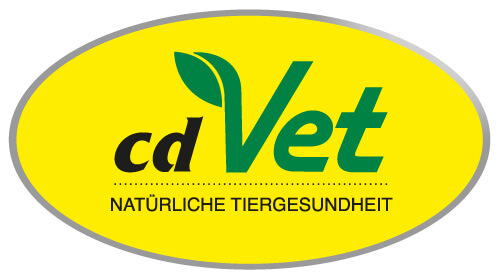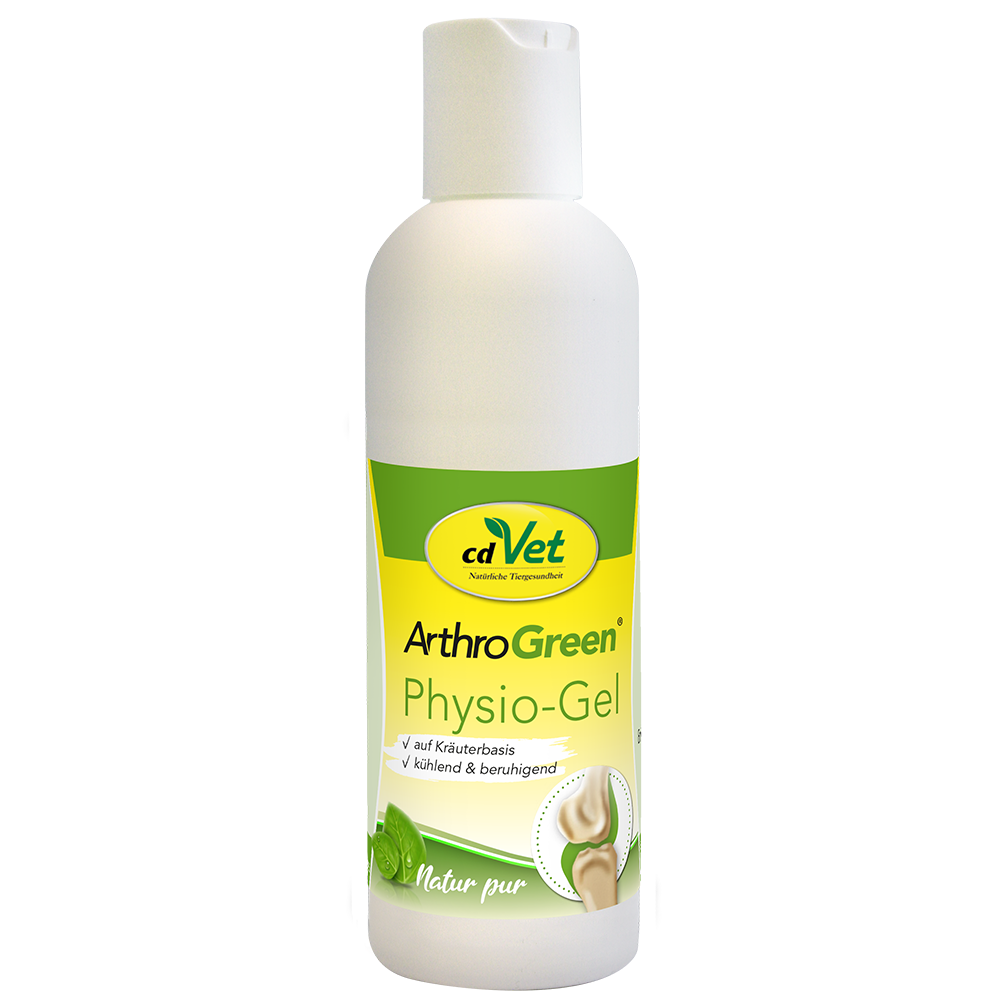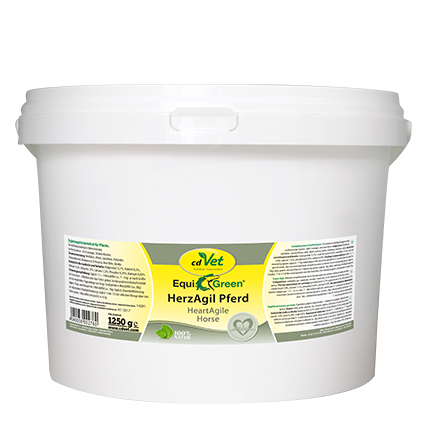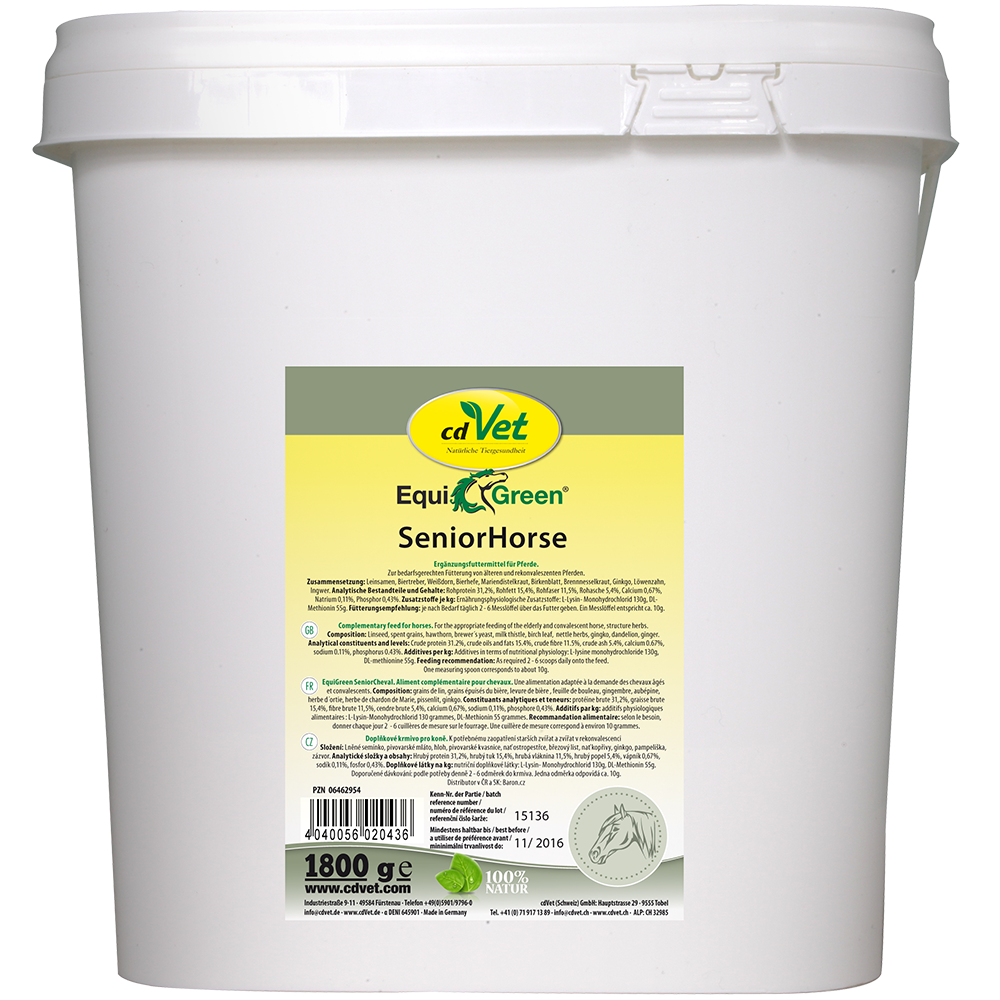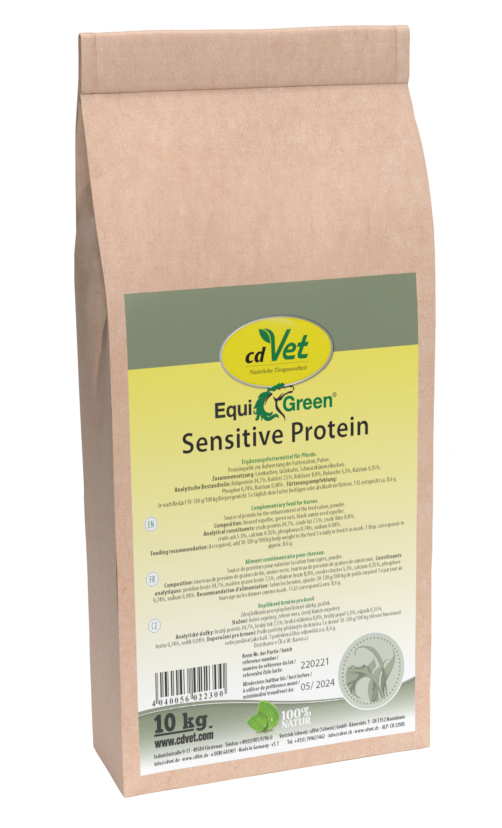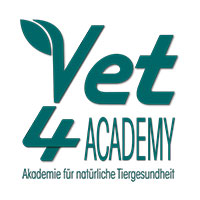More than an old Gaul
As soon as your horse shows more and more signs of aging, you have to pay more attention to adjust the external circumstances and feeding accordingly, as the need of the animals for vitamins and minerals changes during this time. For additional support at the age of your horse, cdVet offers natural products so that your horse can enjoy life even as a senior.
Many mares remain reproductive until about 20 years of age or longer. However, fertility can decline with age, and not all mares remain equally fertile. Individual factors such as health, care, and genetics play a role in assessing reproductive ability in old age. It is important to have regular veterinary monitoring of the mare to make the best breeding decisions.
The number of foals a mare can have in her lifetime depends on several factors, including her lifespan, reproductive health and breeding history. Typically, healthy mares can have multiple foals during their breeding career. Many mares are bred until they are about 20 years old, and during that time they could theoretically have a foal every two years. It is important to note that the optimal breeding frequency and the health of the mare should be considered to ensure that both the mare and the foals are well cared for.
The decision between artificial insemination and natural mating depends on several factors, including individual circumstances, breeding goals and the health of the animals. Artificial insemination allows for targeted selection of breeding partners, the use of frozen or chilled semen and minimization of injury risks. Natural mating can be more natural but requires careful monitoring and management of breeding animals to avoid injury. Both methods have advantages and disadvantages and the decision should be made after careful consideration of all relevant factors.
The duration of the mare's pregnancy is on average about 11 months. However, the exact time may vary individually, and it is important to provide the mare with appropriate care during pregnancy, carry out regular veterinary examinations and ensure optimal conditions for the healthy development of the foal.
A mare's sexual maturity usually occurs around 18 months of age, but can vary individually. This timing is often associated with the onset of estrus, the mare's natural reproductive cycle. It is important to note that sexual maturity does not equate to optimal breeding maturity. Many experts recommend waiting to breed until the mare is physically and mentally mature, which usually occurs around three years of age. Individual assessment and veterinary advice are crucial in making the best decisions for the mare's health and well-being.
